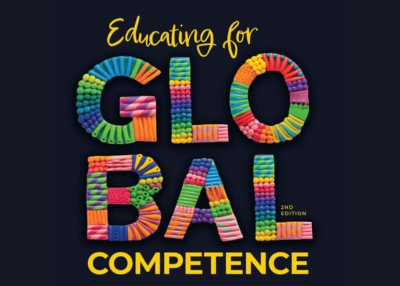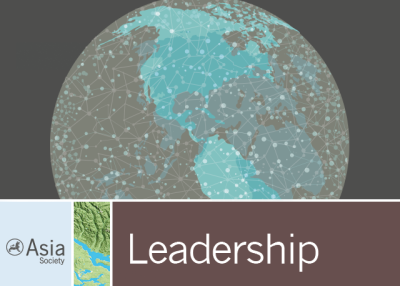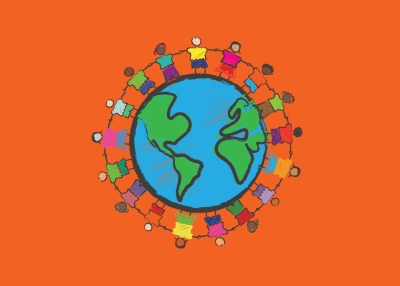Global Competence
As we move deeper into the 21st century, we are recasting our understanding of economics, communication, security, cultural identity, citizenship, and the environment. Indeed, a growing number of reports document the new demands and opportunities these changes present our youth. They call for more powerful, relevant, and self-directed learning that will prepare youth to live, compete, and collaborate in a new global scenario.
For over 15 years, the Center for Global Education has been a leader in global competence education, helping educators prepare learners to thrive in a global era.




